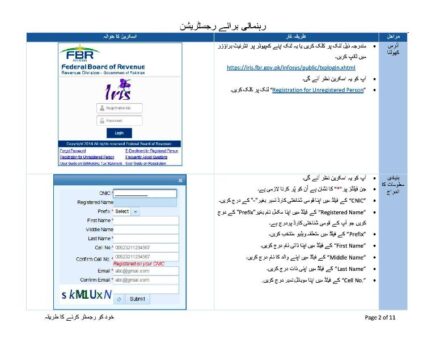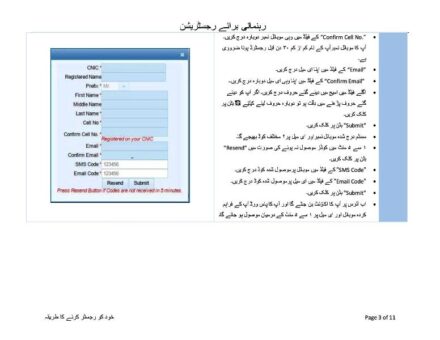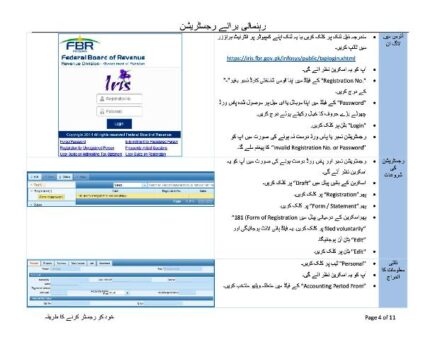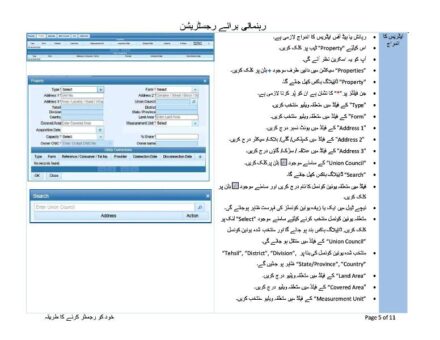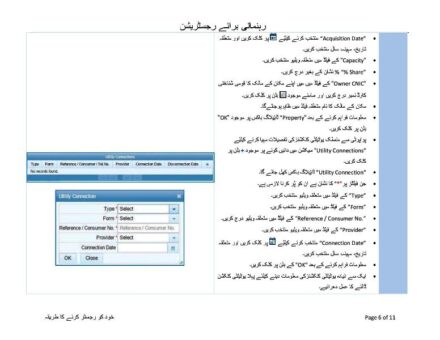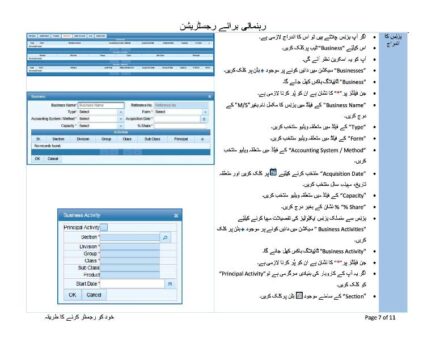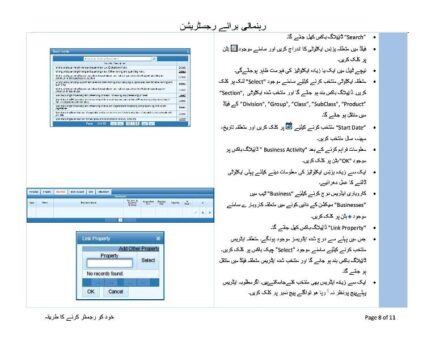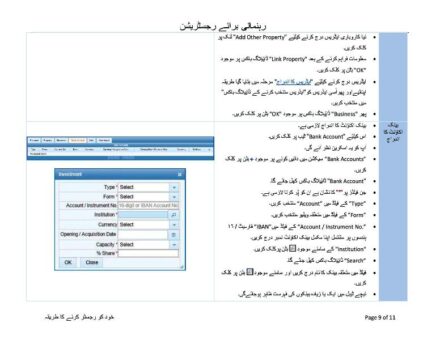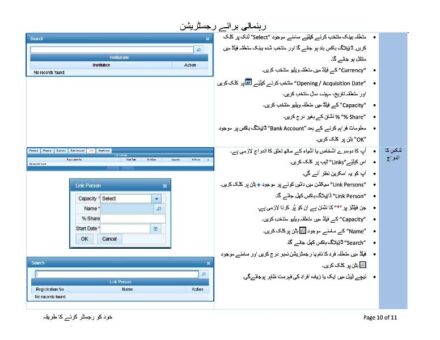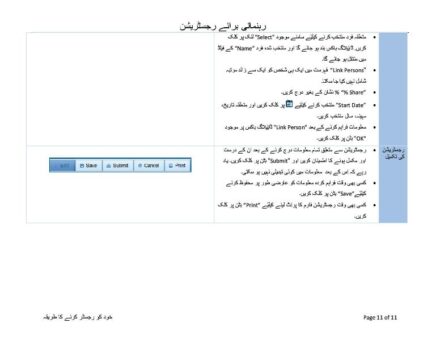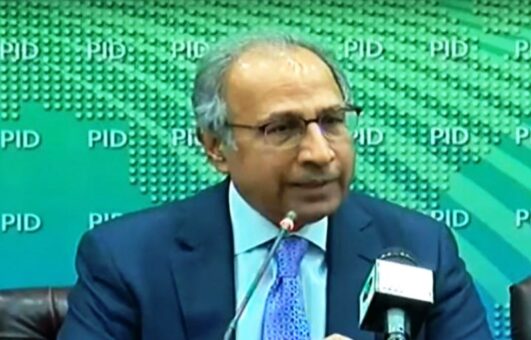KARACHI: Federal Board of Revenue (FBR) has given less than a month to taxpayers for filing income tax return and wealth statements for tax year 2019.
The FBR on Monday issued finalized income tax return forms form salaried persons, business individuals and Association of Persons (AOPs).
The last date for filing income tax returns and wealth statement for such segments of taxpayers is September 30, 2019.
The last date for filing of income tax returns by salaried persons has been amended through Finance Act, 2019 to September 30, 2019 from August 31, 2019.
These taxpayers have a time of 28 days to comply with the statutory requirement under Section 118 of Income Tax Ordinance, 2001.
Corporate entities having accounting year ending any time between the first day of January and the thirtieth day of June are required to file income tax returns on or before the thirty-first day of December next following the end of the tax year to which the return relates.
In any other case, on or before the thirtieth day of September next following the end of the tax year to which the return relates.
However, the corporate returns are still in draft format and FBR likely to issue finalized return form for companies by this week.
According to Income Tax Ordinance, 2001 every resident taxpayer being an individual filing a return of income for any tax year shall furnish a wealth statement and wealth reconciliation statement for that year along with such return:
It also explained that every member of an association of persons is also required to furnish wealth statement and wealth reconciliation statement for the year along with return of income of the association.
For tax year 2019, every resident taxpayer being an individual having foreign income of not less than ten thousand United States dollars or having foreign assets with a value of not less than one hundred thousand United States dollars shall furnish a statement, hereinafter referred to as the foreign income and assets statement, in the prescribed form and verified in the prescribed manner giving particulars of—
(a) the person’s total foreign assets and liabilities as on the last day of the tax year;
(b) any foreign assets transferred by the person to any other person during the tax year and the consideration for the said transfer; and
(c) complete particulars of foreign income, the expenditure derived during the tax year and the expenditure wholly and necessarily for the purposes of deriving the said income.
Under Section 114 of Income Tax Ordinance, 2001 following persons are required to furnish a return of income for a tax year, namely:–
(a) every company;
(ab) every person (other than a company) whose taxable income for the year exceeds the maximum amount that is not chargeable to tax under this Ordinance for the year;
(ac) any non-profit organization as defined in clause (36) of section 2;
(ad) any welfare institution approved under clause (58) of Part I of the Second Schedule;
(b) any person not covered by clause (a), (ab), (ac) or (ad) who,—
(i) has been charged to tax in respect of any of the two preceding tax years;
(ii) claims a loss carried forward under this Ordinance for a tax year;
(iii) owns immovable property with a land area of two hundred and fifty square yards or more or owns any flat located in areas falling within the municipal limits existing immediately before the commencement of Local Government laws in the provinces; or areas in a Cantonment; or the Islamabad Capital Territory;
(iv) owns immoveable property with a land area of five hundred square yards or more located in a rating area;
(v) owns a flat having covered area of two thousand square feet or more located in a rating area;
(vi) owns a motor vehicle having engine capacity above 1000 CC;
(vii) has obtained National Tax Number; or
(viii) is the holder of commercial or industrial connection of electricity where the amount of annual bill exceeds rupees five hundred thousand;
(ix) is a resident person registered with any chamber of commerce and industry or any trade or business association or any market committee or any professional body including Pakistan Engineering Council, Pakistan Medical and Dental Council, Pakistan Bar Council or any Provincial Bar Council, Institute of Chartered Accountants of Pakistan or Institute of Cost and Management Accountants of Pakistan; or
(x) every resident person being an individual required to file foreign income and assets statement under section 116A.
(1A) Every individual whose income under the head ‘Income from business’ exceeds rupees three hundred thousand but does not exceed rupees four hundred thousand in a tax year is also required to furnish return of income from the tax year.
(2) A return of income –
(a) shall be in the prescribed form and shall be accompanied by such annexures, statements or documents as may be prescribed;
(b) shall fully state all the relevant particulars or information as specified in the form of return, including a declaration of the records kept by the taxpayer;
(c) shall be signed by the person, being an individual, or the person’s representative where section 172 applies;
(d) shall be accompanied with evidence of payment of due tax as per return of income;
(e) shall be accompanied with a wealth statement as required under section 116; and
(f) shall be accompanied with a foreign income and assets statement as required under section 116A.
Related Stories
FBR issues final return forms tax year 2019 for salary persons, business individuals



